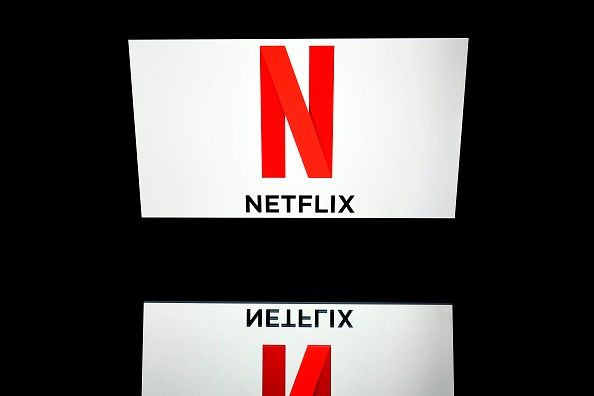Netflix Makes An Unprecedented Move In Pursuit Of Oscar Gold

In its push to change the Hollywood landscape, streaming pioneer Netflix (NASDAQ:NFLX) has long stuck to its guns, insisting that it would only release films in theaters at the same time they debuted on its streaming service. It seems that the company has finally broken that long-standing edict, electing to give several high-profile movies exclusive theatrical runs before making them available for streaming.
This article originally appeared in the Motley Fool.
The catalyst behind Netflix's change of heart appears to be its quest for Hollywood recognition, as the company is making a major push to increase its chances of taking home award-show gold.
The "Cuaron treatment"
Netflix finally broke its long-standing tradition for Academy Award-winning director and writer Alfonso Cuaron, whose black-and-white drama Roma has generated significant buzz on the film festival circuit. The movie, which explores Cuaron's memories of his childhood, has emerged as a potential front-runner in several awards categories, including the coveted Best Picture. Cuaron took home the Best Director Oscar for his smash hit Gravity. He is also known for other groundbreaking Oscar-nominated films, such as Children of Men and Y Tu Mama Tambien, as well as for his work on Harry Potter and the Prisoner of Azkaban.
Roma was released in theaters on Nov. 21, a full three weeks before it will be available to Netflix subscribers. This is one of several prestige projects that are said to be getting the "Cuaron treatment." The Coen brothers' Western anthology The Ballad of Buster Scruggs, Susanne Bier's Bird Box, and the Andy Serkis-helmed Mowgli: Legend of the Jungle all received exclusive limited engagements in theaters before hitting the Netflix queue.
Cuaron explained why the film needed to be released in theaters as well:
Seeing Roma on the big screen is just as important as ensuring people all over the world have the chance to experience it in their homes. ... Roma was photographed in expansive 65mm, complemented by a very complex [Dolby] Atmos sound mix. While a movie theater offers the best possible experience for Roma, it was designed to be equally meaningful when experienced in the intimacy of one's home.
It's also worth noting that Roma opened to sell-out crowds during its five-day Thanksgiving weekend debut. The film netted about $200,000 at the box office, according to Deadline Hollywood, a respectable haul for a foreign-language film.
The award goes to...
Netflix has been largely snubbed by the Academy of Motion Picture Arts and Sciences, which presents the Oscars. The subject has been hotly debated among moviemakers, with some saying that Netflix shouldn't be eligible for Oscar consideration. Still others believe that old-school traditionalists who vote for the Oscars will be more likely to consider a film that has had a lengthier run.
Several previous Netflix-branded movies have been nominated in the past, but the company has only taken home awards for two documentaries: White Helmets, which followed the efforts of aid workers in Syria, and Icarus, which chronicled an investigation into the use of performance-enhancing drugs by world-class cyclists.
Day-and-date
Netflix executives have long argued that the company's subscribers, who currently number more than 135 million worldwide, deserve to see movies at the same time they are released in theaters. The company has also balked at the traditional practice of "windowing," which kept films from being available for home viewing for at least 90 days after their debut in cinemas.
This practice put the company at odds with the major theater chains, which refused to show Netflix's creations, forcing the company to make deals with smaller art house cinemas in order to meet the criteria necessary for Oscar consideration. This latest development shows that the company is at least open to taking a more traditional approach for select, higher-profile fare.
Final thoughts
Netflix has achieved a fair degree of recognition for its television series, having received 112 Emmy nominations this year. This topped AT&T's HBO, which had held the crown for most nominations for 17 consecutive years. Netflix also tied HBO's Emmy awards haul with 23 statues.
For all its success in television, Netflix hasn't fared as well in the movie category. Its recent push is a sign that the company is getting increasingly serious in its desire for Oscar gold. The prestige the company would gain would be a selling point for future subscribers, and would also further blur the line between traditional box-office releases and Netflix original movies.
Danny Vena owns shares of Netflix. The Motley Fool owns shares of and recommends Netflix. The Motley Fool has a disclosure policy.




















